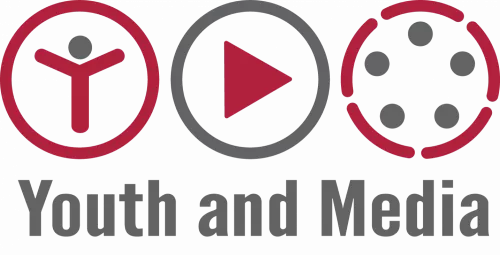2008 Presidential E-lection
This week, the Digital Natives and Internet and Democracy projects both dove into the 2008 campaign, offering their thoughts on the role of the Internet in the current U.S. presidential race.
Digital Natives intern Nikki Leon discussed the civics lessons that can be gleaned from the Barak Obama’s web 2.0-driven presidential campaign in her blogpost, "Digital Natives Return, or How the Web Became Your New Civics Class":
...Clear examples of participatory culture include SNSs, like Facebook and MySpace, and content-sharing websites such as Flickr and YouTube. My.BarackObama, a campaign-supported SNS that lets supporters form groups, blog, plan events, and raise money, is built on this model. I do not bring up My.BarackObama to rehash discussions of how it capitalizes on the social networking trend; that has already been addressed both by youth and by the press (as a quick Google search of “Obama youth appeal” reveals). Rather, I urge you to pay attention to a specific characteristic of participatory culture that Jenkins names — the aspect of “mentorship” – and consider its implications here. Participatory culture is, among many things, educational. Perhaps Obama’s campaign is appealing not only for its style, but also because it encourages a learning-by-doing approach to civics, aided by interaction with peers and more experienced political activists, that engages DNs with the topic in a way their school programs may not...
- continued -
The Internet and Democracy project reflected on what effects bringing presidential campaigns into cyberspace would have on participation and deliberative democracy in its blogpost, "Web Campaigns, Online Participation and Deliberative Democracy":
There is already a growing narrative about the impact of the Internet on the 2008 Presidential election. For example, Wired argues that Sen. Barack Obama owes his recent Democratic nomination victory to the Internet. Noam Cohenpicked up on this theme in the New York Times, writing that the themes of Obama’s campaign–“openness, transparency, and participation”–were “merged perfectly” with the Internet. Further, Cohen described Mr. Obama as the first real “wiki-candidate,” whose supporters generated video clips, created posters, built enthusiasm for the campaign, and even gently mocked him online. Most of the narrative in the press revolves around the Obama campaign, but its necessary to also highlight the use of the Internet by others, particularly the Ron Paul campaign, which used Facebook as their primary online organizing tool–as we discussed last month at the Institute of Politics. And it will be interesting to see how John McCain harnesses the Internet (or not). For one, he’s reached out actively to political bloggers, while Obama has not...
- continued -
***
Plus: This year we saw political debates experimenting with YouTube. Those who are curious about the history of the presidential debates -- and television -- should be sure to check out the virtual book signing and discussion with Newton Minow, Vice Chairman of the Commission on Presidential Debates, Past Chairman of the FCC, and author of a new book, Inside the Presidential Debates: Their Improbable Past and Promising Future,
tomorrow, June 14th at 12:00 PM Central Time.
